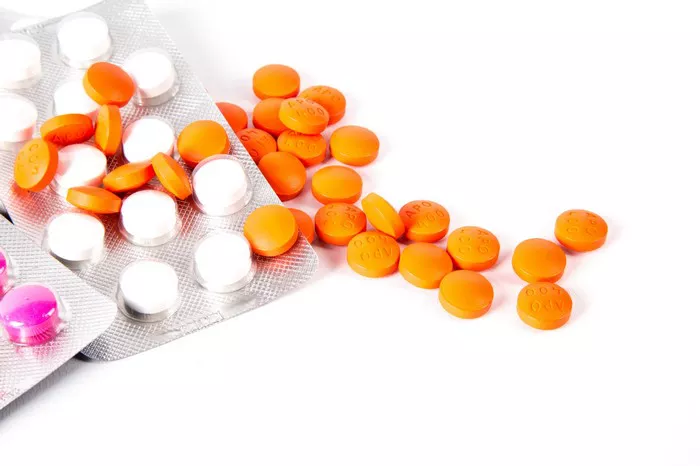Colorado’s vital Naloxone Bulk Purchase Fund, designed to provide free opioid reversal medication to organizations statewide, is facing an alarming financial crisis. Despite hundreds of millions of dollars flowing into the state from national opioid lawsuit settlements, the fund that has saved thousands of lives is running dangerously low, raising concerns about the future availability of this lifesaving medication.
Since its creation in 2019, the Naloxone Bulk Purchase Fund has been a cornerstone in the battle against opioid overdose deaths in Colorado. Managed by the state’s Overdose Prevention Unit, the fund’s budget expanded from just over $300,000 in its first year to more than $8.5 million by 2022. This enabled the state to provide more than $550,000 worth of naloxone kits each month to various entities, including harm reduction centers, schools, and medical facilities.
However, despite the increased availability of naloxone, opioid overdose deaths in Colorado have continued to rise. In 2023, a record 1,292 people lost their lives to opioid overdoses, a grim increase from the year before. Yet now, with key funding sources set to expire, the very program meant to address this crisis is in jeopardy.
“We are deeply concerned that without continued funding, we will lose access to naloxone,” said Lisa Raville, executive director of the Harm Reduction Action Center in Denver. “This means more people will die from preventable overdoses.”
The looming expiration of federal funding from the American Rescue Plan, which provided significant support during the pandemic, poses a major threat to the fund’s sustainability. Currently, the fund has only $8.6 million remaining, and unless new sources of recurring revenue are identified, organizations like Raville’s may soon face a shortage of free naloxone.
Ironically, Colorado is currently receiving significant financial support from national opioid lawsuit settlements, with more than $110 million already disbursed and a total of $750 million expected by 2038. However, a large portion of these funds has been allocated to regional opioid abatement councils for other programs such as substance abuse treatment and public education campaigns, leaving naloxone distribution underfunded.
Colorado’s Attorney General Phil Weiser has pledged to ensure the necessary budget remains in place for the next year, but the amount of funding and its sources are still being discussed. Advocates like Raville argue that a portion of the state’s opioid settlement money should be allocated to the Naloxone Bulk Purchase Fund, ensuring long-term sustainability.
Over the past five years, the Naloxone Bulk Purchase Fund has provided more than half a million doses of naloxone to hundreds of organizations across the state. The Harm Reduction Action Center alone received 7,284 doses last year, which Raville estimates helped save more than 4,500 lives.
But as funding uncertainties grow, so does the concern over what happens next. In May, the state began prioritizing which organizations receive naloxone based on how frequently they interact with those at risk of overdose. The Harm Reduction Action Center remains classified as “essential,” ensuring a higher priority for naloxone distribution. However, many other organizations, like The Naloxone Project, have been downgraded, limiting their access to the life-saving drug.
“The possibility of losing access to naloxone is devastating,” said Rachael Duncan, associate director of The Naloxone Project. “Many of our programs are public-facing and serve those most at risk. Reducing our supply could have fatal consequences.”
Despite the FDA’s recent approval of over-the-counter naloxone, the medication’s $45 price tag per two-dose package remains prohibitive for many, especially for those at the highest risk of overdose. This is why organizations like the Harm Reduction Action Center and The Naloxone Project rely on the state’s bulk purchase program to distribute naloxone for free.
Read more:
Covid-19 Survivors Face Double The Risk Of Heart Attack And Stroke, Study Findss
Whooping Cough Infections Surge By Over 340%: Experts Urge Vaccination
New Data Shows 15.5 Million U.S. Adults Have ADHD, But Barriers To Treatment Remain


